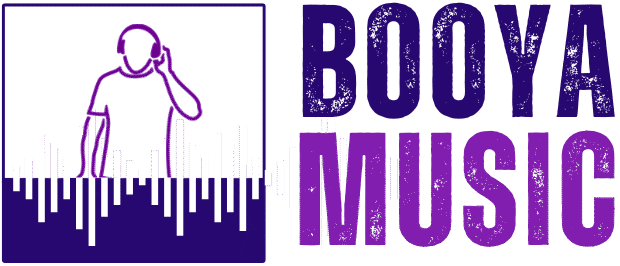Music is a world of entertainment. We all love to listen to music. But to study music is not an easy task. It requires you to have some knowledge of instruments for good music. If you want to be a good singer, you must have some knowledge of the instruments. If you want to be a good music composer, you must have some knowledge of instruments and music. Have you ever heard of Musicology?
What is Musicology?
Musicology is the study of music. It involves understanding the history and development of music. It encompasses a wide range of musical styles, including classical, jazz, country, and rock. It also includes ethnic, folk, world, and popular music. This is one of the oldest academic disciplines, tracing its origin back to the ancient Greeks who believed that music was a central part of civilized culture.
The word “musicology” (or “musicology”) originated in 1846 to describe the study of music and how music affects people. Well, it is not all merely a study of music; it is also a study of historical, cultural, and educational aspects of music. A musicologist may also study and teach music education, which is the study of how to teach music to others for a range of purposes, including self-expression, therapy, physical and mental health, and personal development. Music is something that can enrich people’s lives, helping them with expression and the possibility of finding a career through this medium. This shows how music education in schools is a very important learning experience to have. Websites like https://www.savethemusic.org/music-education-resources/ can give the opportunity to make this achievable, especially if a school is lacking the resources needed.
People behind the Study
A musicologist, also known as a musicologist or musicologist, is a person who studies music. The term can refer to a professional who studies music theory, history, and culture, who works as a teacher, lecturer, performer, or researcher. Alternatively, a musicologist may be a person who studies the history, training, and performance of a specific group of musicians (for example, jazz, classical, folk, or popular music) and their musical instruments, songs, and genres.
Musicologists are scholars of music who research and promote understanding of music and its performance. They might teach about music at a university or in a school or work for a performing arts center, library, archive, museum, concert hall, or opera company. Musicologists look at how music has changed over time, how music is used in different cultures, and how music is used in different ways. The word “musicology ” comes from the Greek “music” and “logos,” meaning “study of.
What exactly are The Duties of a Musicologist?
That is a great question and one that I can offer some insight into. A musicologist is an individual who studies the history of music and the contributions made to our collective listening pleasure by various artists and composers. They are concerned with the composition of music, its history and stories behind songs, and the influences of different musical styles and genres on each other. This includes investigating the music history of a particular composer, as well as the history of the orchestra.
They are the ones that write the books and produce the documentaries about the history of music, and, in addition to their written works, many musicologists are also sought-after concert performers, playing on the instruments that they have studied and studied the music of masters and pioneers of the music world.
Where can a Musicologist be Employed?
While musicology is a young profession, it has already experienced a variety of career paths. To get a better idea of what it takes to land such a job, we spoke to several people who have worked in the field. The first step to becoming a fully trained musicologist is an undergraduate degree in music or musicology. While you may believe that this is the end of your formal education, there are many opportunities for learning on the job.
If you work in an academic environment, you can take classes both in and outside of your area of study. Musicologists have a wide variety of possible employers. Most of them are in the field of music, either teaching it, counseling, or conducting research. Many musicologists, however, have become employed in other fields, including the humanities, education, technology, and law.
In conclusion, if you are involved in music, it does not hurt to know something about musicology.
